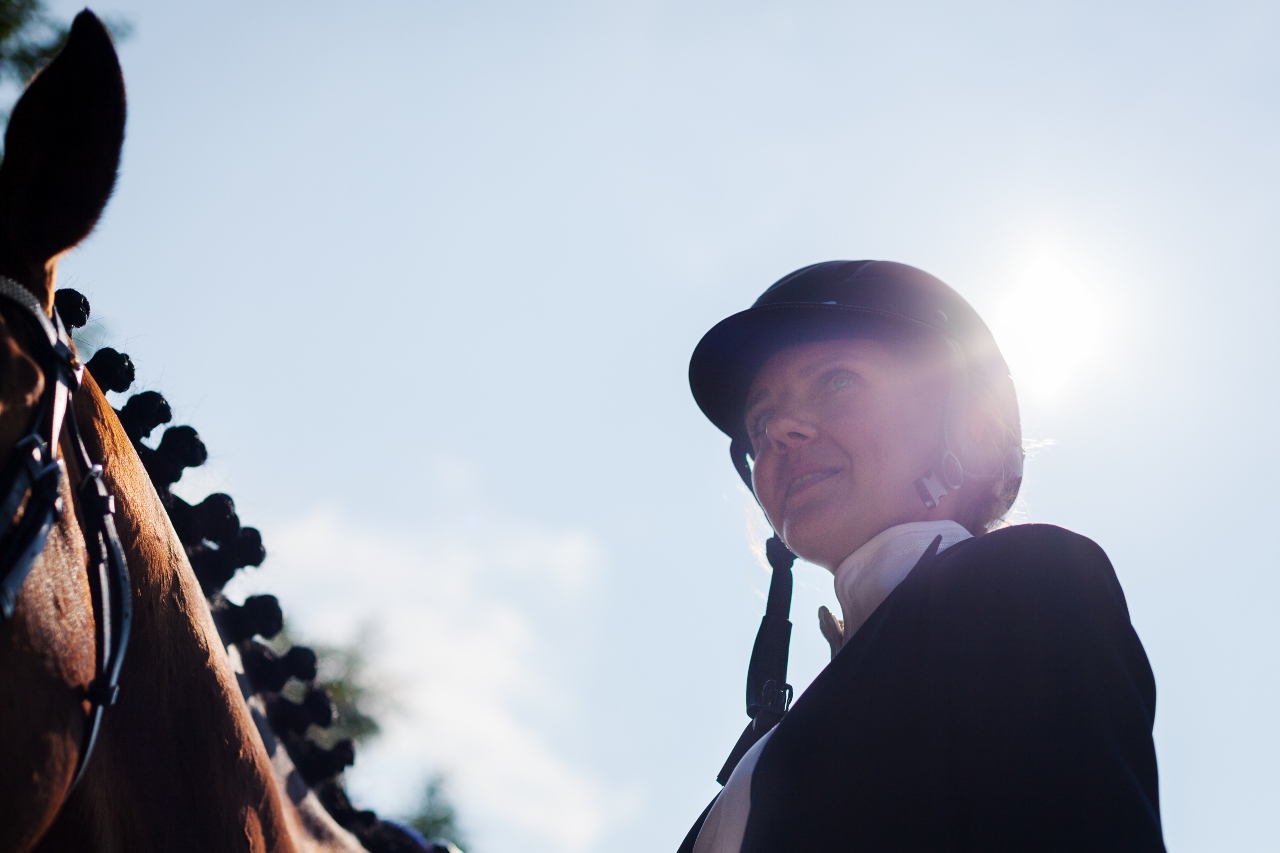Menu

If you want everything to be perfect, you will never be satisfied. The desire to always be or do everything perfectly is not a desirable as it might immediately sound. On the surface, the desire to be perfect, or always be the best might seem like a positive thing. But that is far from the truth – whether in your ordinary life or your life with horses.
You may also like to read: Jealousy in equestrian sport: What can we learn from this emotion?
The desire to be perfect can to some extent help you set high goals and motivate you to go for them. When you aim for perfection, it also means that you are aware of where things are not working optimally during training or at competitions. It can help you improve. The perfectionist is never satisfied and is constantly working to improve. On the surface, this can seem like a really good trait to have. If you have big dreams that you would like to have fulfilled.
"The problem, however, is that when everything is not as perfect as you want it to be - you will never come to appreciate what you can and have already achieved. Of course, this applies not only in equestrian sports, but with all things in life"
If you aim for everything to be perfect all the time, you will typically completely overlook everything that actually works well. You will not notice what you are actually good at. It happens because you only focus on the mistakes that have been. Therefore, you end up thinking that the whole thing was actually bad. Even when your coach, friends or others tell you that you did really well - which you did - you are still convinced that they are not telling the truth. Or at least they are not right.
If you always reject others' acknowledgment of your accomplishments and refer to the mistakes that you make instead, then it is obvious that your desire for perfectionism has become one of your own greatest enemies. It is natural and perfectly fine to do everything you can to constantly improve and give your best. But it is a huge mistake to always expect it. If you expect to be perfect, you must also expect to spend a lot of time being eternally frustrated, disappointed and dissatisfied.
The inner demands are a vicious circle that in the long run will ruin your enjoyment of the sport. And inevitably lead to performance problems and burnout. In the beginning, it may manifest itself as impatience, dissatisfaction and anger towards yourself. It destroys the natural joy you should feel when you are with your horse. In mere frustration, you might end up training even harder and push the demands and expectations of yourself even more. All to become perfect next time you train and / or compete.
With all the pressure you constantly put on yourself, you will end up performing below your normal level. And it is likely to trigger even more frustrations and dissatisfaction. As time goes by, you will start to lose faith in yourself. Your confidence will drop. And you may want to start considering whether equestrian sports and horses are even something you want to do. Of course, they are. You have just been trapped in the wheel of perfection.
"Let the perfectionist stay at home in the future. and enjoy life here and now with THE REST OF us imperfect (horse) people"
Another negative side of perfectionism is that you become completely unable to see all the good things that you have actually achieved. And appreciate how much you have learned. Nothing feels good enough because you are more focused on the mistakes you make. In this way, you lose a valuable opportunity to build your self-confidence and to reach your full potential. You do not have to be perfect to be "good enough".
This article is published in collaboration with Pia Bjerre / Rytterfokus.dk, which offers advice, coaching, courses, workshops and lectures. All with the aim of getting you forward and achieving exactly what you want and are passionate about in equestrian sports. The original article can be found at Rytterfokus.dk.